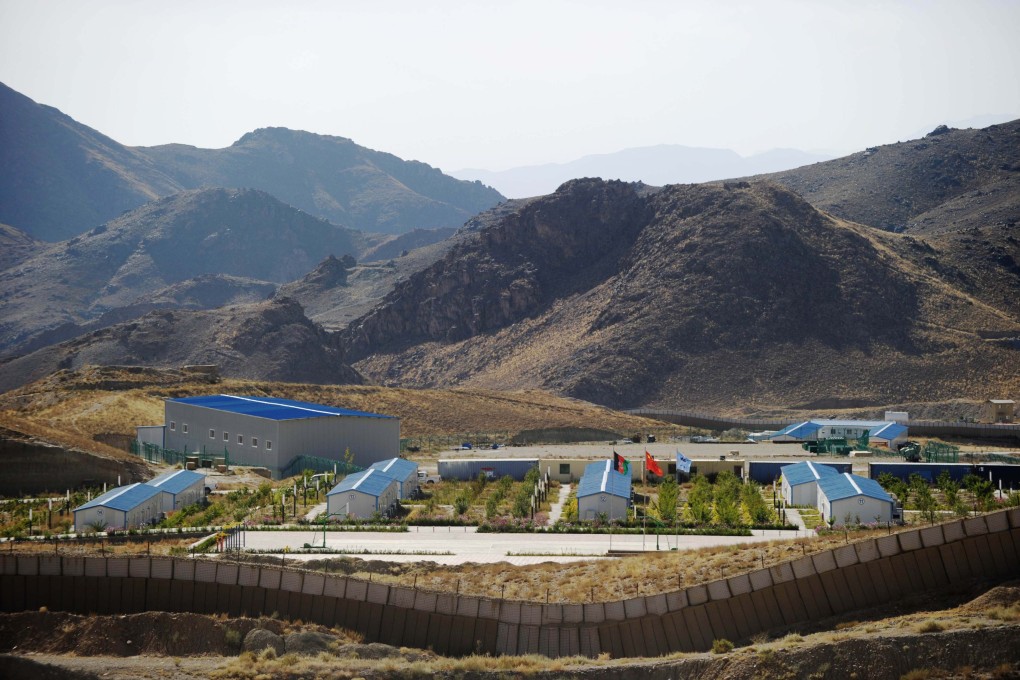Macroscope | Why Afghanistan might be China’s money pit after messy US withdrawal
- Afghanistan faces a financial void after the United States, European Union and IMF have suspended aid and frozen billions in reserves
- China could step in and aid Kabul financially, but the high risk and extraction costs of mineral resources might outstrip any benefits to Beijing

First off, there is the inconvenient fact that, whoever is running the country, Afghanistan runs a current account deficit that has to be funded. Money needs to be found from somewhere to help balance the books. Aid inflows equated to almost 43 per cent of Afghanistan’s gross domestic product in 2020, according to the World Bank.
“Given Afghanistan’s large current account deficit, DAB was reliant on obtaining physical shipments of cash every few weeks,” Ahmady, who is now outside Afghanistan, tweeted on August 18. “The amount of such cash remaining is close to zero due [to] a stoppage of shipments as the security situation deteriorated, especially during the last few days.”
Confidence in the afghani rested on the continuation of regular arrivals of pallets of US dollars. On August 13, two days before Kabul fell and with pallets of US dollars expected on the Sunday, Ahmady said he was made aware that “there would be no further USD shipments”. On the Saturday, as Ahmady describes it, the afghani fell from 81 to the US dollar to 100 before settling back at 86.
Kabul residents sought hard currency, prompting Ahmady to restrict local banks’ access to US dollars to conserve the DAB’s remaining physical dollar reserves.
